Earlier this month, Zahra Sedighi-Hamedani, a 31-year-old blogger known online as Sareh, and Elham Chubdar, 24, both members of the LGBT+ community, were sentenced to death by the Revolutionary Court of Urmia, the capital of West Azerbaijan.
It was reported at the time that they stood accused of “promoting homosexuality” and “promoting Christianity” as well as “communicating with the hostile media outside the Islamic Republic”.
But when the judiciary’s Mizan News Agency confirmed the death sentence, they instead said that the pair were convicted of “corruption on earth” – a deliberately ill-defined crime under the Islamic Penal Code that compels the subject’s execution. This, Mizan claimed, was in connection with “human trafficking”.
Now, a full 10 months after her initial arrest and captivity, just a few of Sareh’s videos remain online. One was shared by BBC Persian and the other by the Iranian LGBT+ support network Shesh-Rang (“Six Colors”). Little information about her fellow prisoner Elham Chubdar is available at all, save for a few TikTok videos.
But the LGBT+ activist Sangar Ekraei has managed to speak to Sareh since her arrest, and shared the content of that interview with IranWire. It provides a much better picture of who she is: an LGBT+ activist on death row, and also a mother of two, an Erbil-based cosmetics seller, and an aspiring singer who was about to release an album. All this could be cut short if the Iranian judiciary makes good on its verdict.
Who Is Sareh and Where is Her Family?
It was on September 4 that Persian-language media outlets first reported Sareh and Elham Chubdar, had been sentenced to death. A third woman, 52-year-old Soheila Ashrafi, was being held alongside them in Urmia Central Prison and is thought to still be awaiting a verdict in her case.
Sareh was arrested on the Iran-Turkey border last December on the way to the border with Turkey. Previously she had been arrested and imprisoned in Iraqi Kurdistan over the content of her videos, in which she talked about life as a gender-nonconforming person in the region.
Then Tasnim News Agency, which is affiliated with the IRGC, posted a video that accused Sareh and others of running a trafficking gang to Erbil, as well as gambling, fraud and “de-stigmatization of illicit sexual relations”. It featured the voices of individuals who claimed to have been “deceived” by Sareh’s trafficking gang. Videos of this nature are frequently produced in Iran to frame individuals the regime sees as undesirable.
They often also mask the truth of who they are. In the 45-minute interview with Sangar Ekraei, Sareh talked about her life to date, hopes and dreams. Born and raised in a poor village in West Azerbaijan, she grew up an orphan and took on the role of “big brother of the family”: she tilled the ground, shepherded the sheep and drove the tractor.
Because facilities in the village were sparse, Sareh also went to a non-sex-segregated school. In the interview says she began to realise her homosexual leanings early on in life. Of course, such feelings were discouraged in that community.
Eventually she got married: a subject she declines to discuss in depth in order to preserve their privacy, and that of their children. “I did my duty to my husband as a wife,” she says, “but I had no feelings. My ex-husband is the father of my children and I respect my past.
“After the divorce I realized I had to be true to myself. And so I view my marriage as something positive, because it made me do that.”
It was her brother she told about her sexuality first, she says, as they had always been close. He joked a little but ultimately accepted it; it was a different story with her mother, but in the main the family were supportive.
“When I had a relationship with a girl in Iran,” she says, “I had to go to Turkey for work. Then I learned my mother had gone to their home and had told my girlfriend’s family. Her family were zealous Kurds and this caused problems for us.
“I quickly returned. For three months I didn’t talk to my mother and didn’t allow her to see my children. Then she bought some candies, went to my girlfriend, and mended things with her. None [of my family members] have a problem with me and they really respect my partner.”
Now, Sareh owns a cosmetics and health products company called Ebru Polat with her partner. Her two children from the marriage still live with her, in a stable home, in a good neighborhood in Erbil. Before the events of last year, she was planning to record an album of songs sung in her own voice, having received numerous offers to sing professionally.
The way Sareh recounted the situation at home poses questions. Why have her family not spoken publicly about her case in the 10 months since her arrest? Are they under pressure from security forces – or from the community at large?
Societal Pressure
Sareh was denied access to a lawyer throughout her incarceration. She is known to have faced physical and verbal abuse from interrogators, including derogatory comments about her sexual identity, death threats, and threats to her children. One can probably assume she has dealt with the same from some other inmates.
In Turkey, Sareh says in the interview, she could freely walk in the streets holding her partner’s hand – even if, because Turkey is still conservative in places, they had to introduce themselves as “friends”.
Sareh says she got extremely annoyed by the comments, questions and solicitations frequently aimed at lesbians by men. Things along the lines of “Don’t you desire ‘something else’?” or “Take this [money] and have sex in front of us. We promise just to look and not touch.”
Worst of all, she said, was the psychological shock of being spurned by her closest friend. “When I told her my feelings, she said that I was sick and ought to see a doctor. I wasn’t sick. But out of respect for her I went to a doctor, and a psychiatrist.
“It was useless, because I was born with this [sexual] orientation. I’m still friends with her but I can no longer tell her anything.
“And many people have asked me ‘Why [be a lesbian], after two children?’ When they ask you about your sexual relations, they are invading your privacy. A person’s bedroom belongs to that person. It’s a matter of a couple of hours. We live just like other human beings. We love each other. We talk. We entertain ourselves. We’re not from outer space.”
In Turkey, she says, she and her partner were at least left alone by the state, even if they were still denied the right to marry. “Compared to Iran this is much better. People are slowly accepting the rainbow [LGBT+] community, if not the government. In Iran they punish both the guilty and the innocent.”
Speaking Out for the “Rainbow” Community
Growing up gay, Sareh says, “I had difficult days, and I was often alone. And I was always alone in my difficult days. The important thing is that I believe in myself and I know what I’m about. Many rainbow kids don’t have the options we [I and my partner] have today. It’s other people who choose their purpose, not they themselves.”
For the past few years, Sareh has been active in LGBT+ spaces online, helping people to accept the identity they were born with. It was for this reason, she says, that she agreed to give the interview; to help stop others from being forced into marriage, and living a lifestyle that was not freely chosen.
Despite this, she describes her children as her “soft spot” and her family as her “red line”: “I’m doing this so that my children learn how to be free, and tomorrow, will have the right to make their own choices.”
Sareh participated in Instagram Live broadcasts, both run by others and her own, to help members of the Iranian LGBT+ community primarily in Iran. She also agreed to appear in a BBC Persian documentary on the lives of LGBT+ people in Erbil on the basis that she believed herself to be safe.
After the documentary aired, though, she was imprisoned in Iraq for 21 days. She left bound for Turkey, but the route the traffickers had chosen took her to a point inside Iran next to the Turkish border, where she was arrested.
The Arrest
In a video published by Shesh-Rang, Sareh described being subjected to physical and mental torture behind bars in Iraq: "I was detained in Iraq for 21 days because of my interview with the BBC,” she says. “I was tortured and put in solitary confinement. I will be crossing the border. If I reach the other side it’ll be ok. If not, it’ll be obvious what has happened. I’m sending this video... so that you understand how much pressure we bear. Will I ever be able to be myself? I hope one day, all of us will live freely."
She was later released on bail and escaped Iraq. In the video, she says she expected to cross into Turkey an hour later (after the video was recorded). But before she could do so, she was captured by the IRGC.
In July of this year, Shesh-Rang published information about the court proceedings in the case against Sareh. At the time there was still no talk of a death sentence. It was even said that in the indictment against Sareh, both in the criminal court and in the Revolutionary Court, no charge of “human trafficking” had been brought against her.
But a few days after her arrest, Tasnim reported that the IRGC had conducted several arrests on charges of "forming a female trafficking gang and supporting homosexuals" in the area. The report did not cite any names but it was clearly referring to Sareh.
Then Ameneh Sadat Zabihpour, a reporter for Islamic Republic of Iran Broadcasting (IRIB) known in Iran as a “reporter-interrogator”, claimed that “unknown soldiers” of the Revolutionary Guards’ Intelligence Organization (IRGC-IO) had been after Sareh for months. She also said two individuals named Alireza Farjadi-Kia and “Kati” were the leaders of a trafficking gang in Erbil, and Sareh had been their accomplice. The video also featured the voices of “deceived women” who accused Sareh of running what they termed a “corruption gang”.
A Suicide Attempt Behind Bars
It has been reported that after her arrest Sareh had been subjected to harsh interrogations for 53 days. On September 7, three days after the death sentence was announced, the Kurdish human rights organization Hengaw reported that Sareh had attempted suicide by taking pills. According to Hengaw’s source, she did so after she was humiliated in front of other inmates and told “there was no place for people like her in Iran”.
Hengaw’s report went on to say that Sareh was transferred to Razi Hospital in Urmia. After a stomach pump, she was sent to the women’s ward of Urmia Central Prison, where she has been struggling with poor mental health.
The next day, the editor-in-chief of the Iranian judiciary’s news agency Mizan denied this report and claimed that not Sareh, but her “victims”, had attempted suicide.
IranWire understands there are some 20 inmates in each room of Urmia Central Prison. After news of Sareh’s suicide attempt went public, a source said, the jailors went from room to room and wiretapped them.
International Calls to Save Sareh’s Life
News of the death sentence came shortly after a hate-filled speech on September 1 by President Ebrahim Raisi against the LGTB+ community in which he called homosexuality “very ugly and despicable.”
This has been an ongoing theme for both Supreme Leader Ali Khamenei and Raisi, his puppet chief executive, going back years. Most recently in March Khamenei condemned the West for its tolerance of homosexuality which he called “shameful” and “sexual anarchy”.
The lawyer Musa Barzin Khalifelou has told IranWire that Sareh’s death sentence is legally invalid by domestic or international standards. In the meantime, international human rights organizations and individuals are trying to save Sareh’s life by issuing statements condemning the sentence. So far they have included the UN Human Rights Office, Amnesty International, the European Union, the French Foreign Ministry, the Netherlands’ Human Rights Ambassador, the International Committee against Execution, the last Iranian Crown Prince Reza Pahlavi and the Australian journalist Sally Ayhan.
More than 74,000 people have signed a petition calling for the immediate and unconditional release of Zahra Sedighi-Hamedani and her codefendant. The campaign was launched at the end of August by Shesh-Rang, together with ILGA (the International Lesbian, Gay, Bisexual, Trans and Intersex Association) Asia and 55 other organizations.
“It is clear to all of us that what has taken place is not due process, but a re-run of a show familiar to many of us who grew up in the suffocating atmosphere of the Islamic Republic,” they said in a joint statement.
“Sareh must be released immediately and unconditionally. We ask all human rights organizations and the media not to ignore Sareh’s detention, and to work for her freedom.”
visit the accountability section
In this section of Iran Wire, you can contact the officials and launch your campaign for various problems




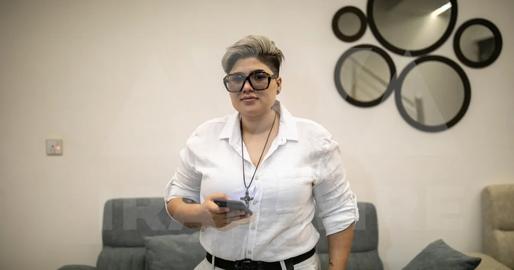
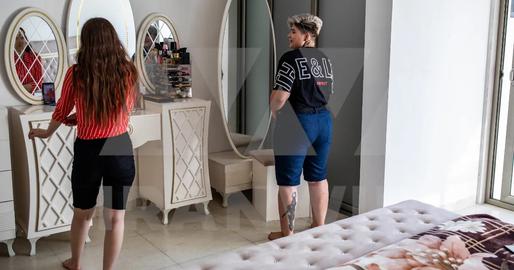
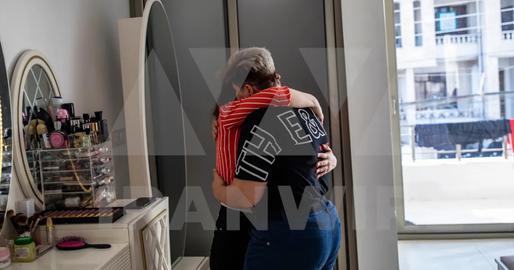
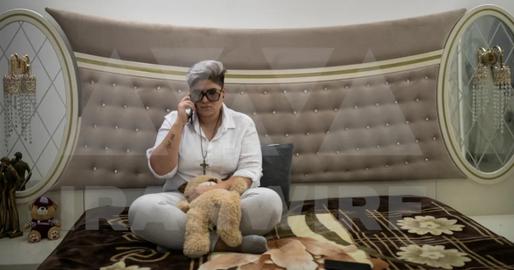
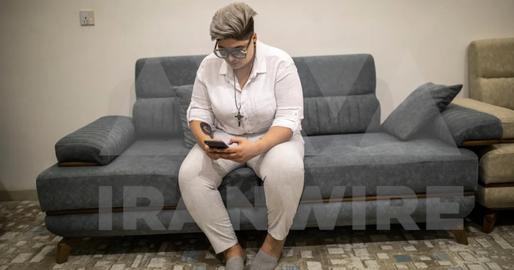
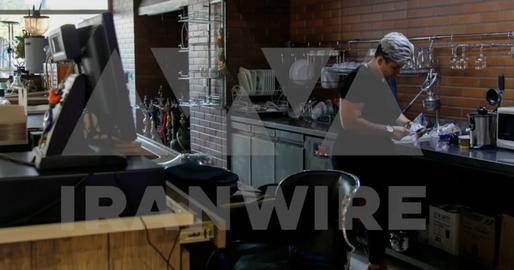
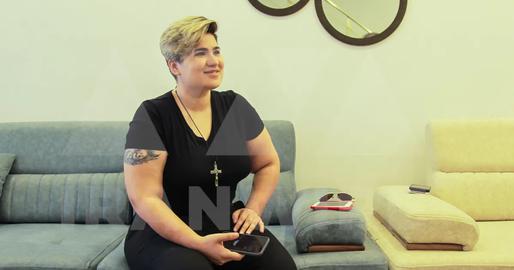


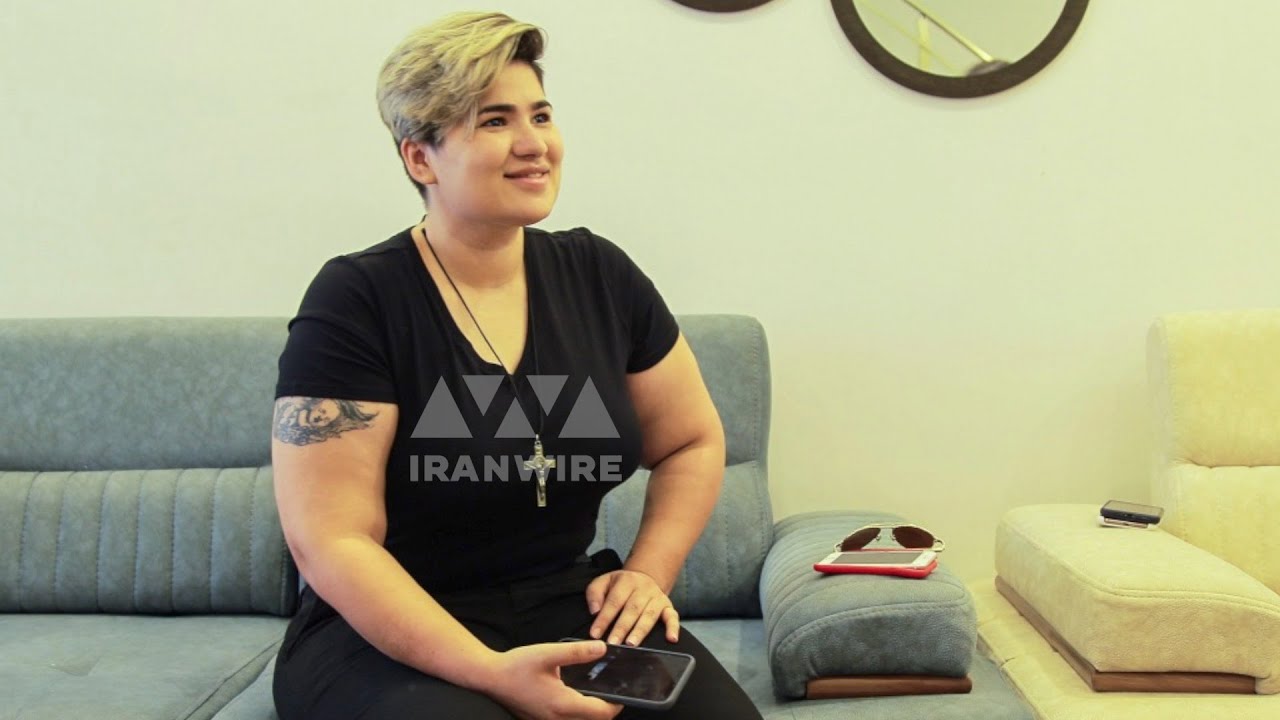
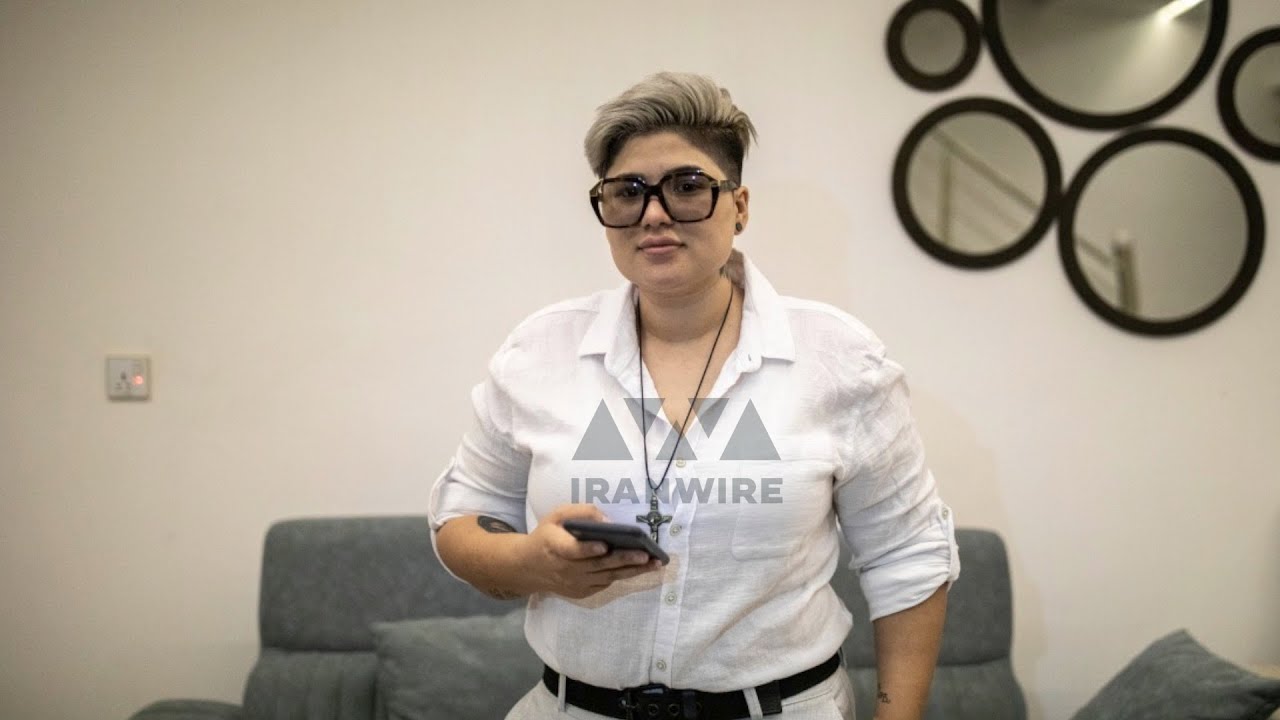


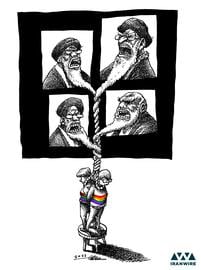
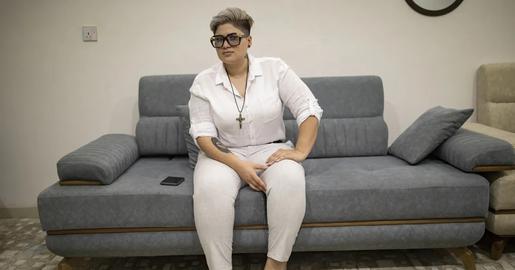
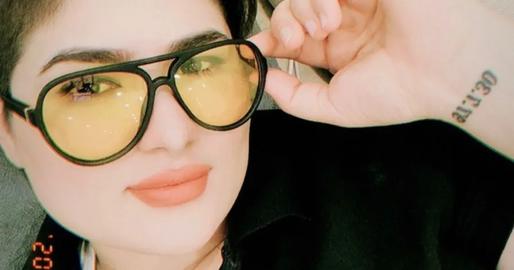
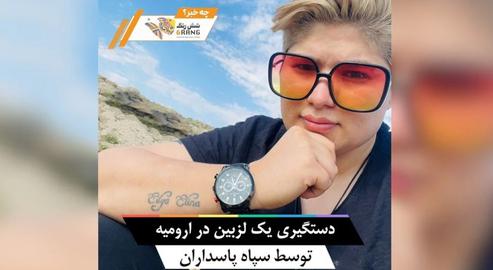

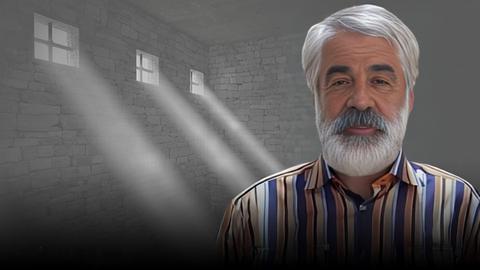

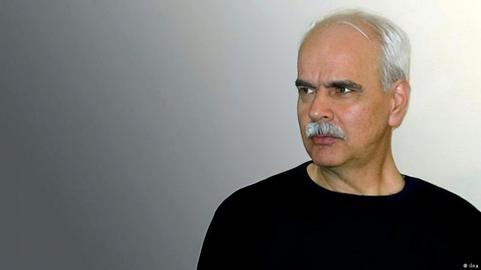
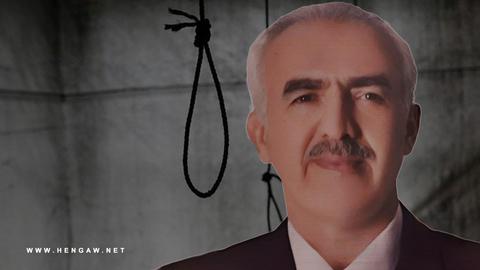

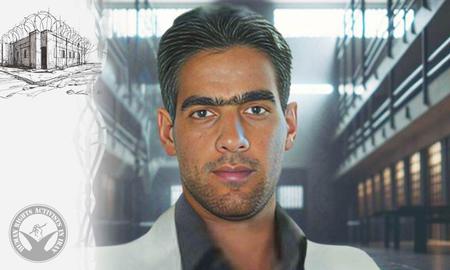



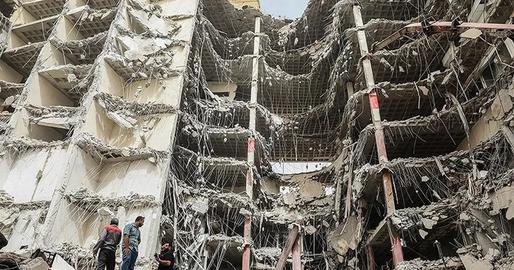
comments